

Every small business requires supplies to stay afloat. Although supplies can mean different things to different companies, they are all used in the business’s daily operations to convert the supplies into goods to be sold to consumers. Ensure that all your restaurant supply demands are met without trouble by reaching a well-written supply agreement drafted using our agreement template in Word. List the terms and conditions, payment details, and other important information by opening this document in any file format you choose.
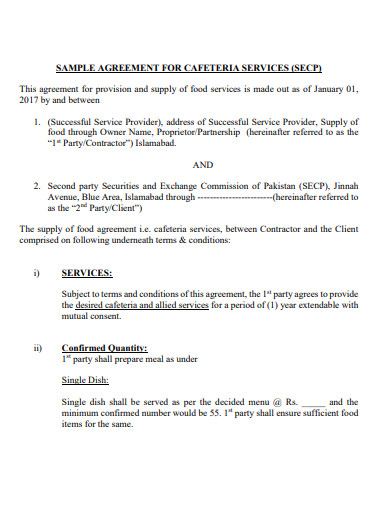
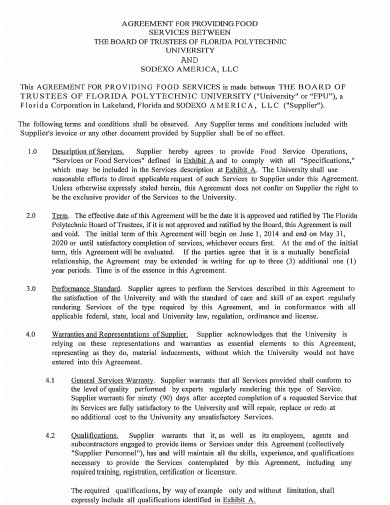
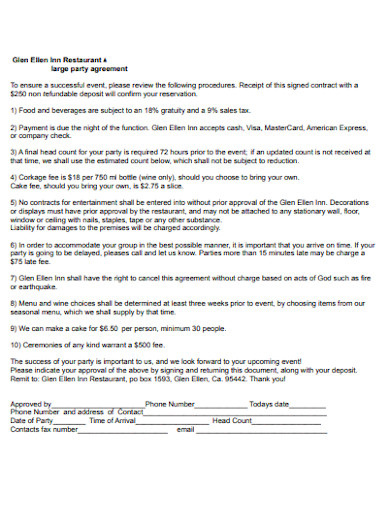
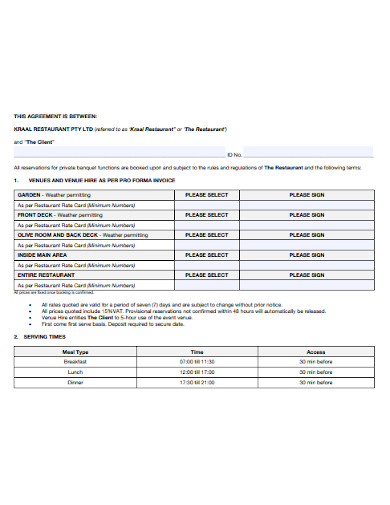
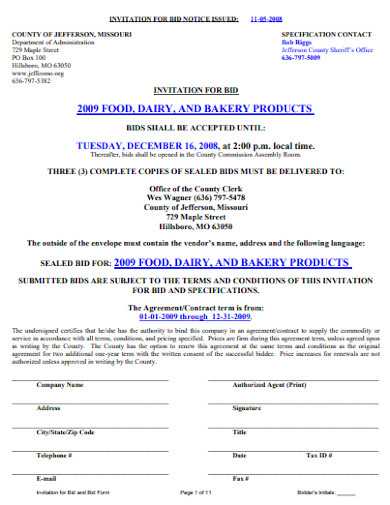
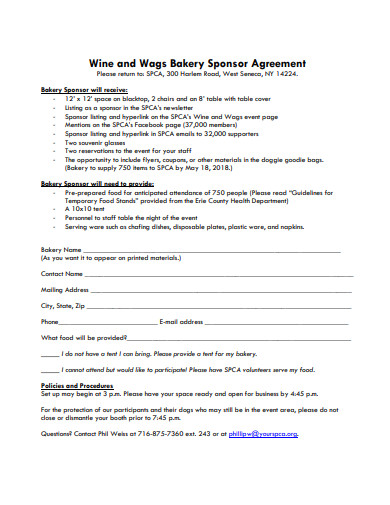
A supply agreement is a deal to sell products from one party, the seller, and the buyer. Because of the wide variety of industries and businesses to which a supply agreement might relate, it is essential to ensure that the agreement adequately represents the relationship between the two parties.
For your restaurant, cafe, or bakery, supply agreements are required. They ensure that your restaurant’s supplies are replenished daily. Here are some tips on negotiating supply agreements:
Almost all business papers contain executive summaries but are more prominent in business plans and feasibility studies. The executive summary is usual in the first part of any business paper because it summarizes the whole document. The reader is prepared for what is in the entire piece.
The majority of your agreement with the supplier will be based on the supplies he or she will regularly deliver to your restaurant. That is why the terms of supply must be specified in the contract. Food or other kitchen utensils and tools are examples of supplies; in either case, the exact amount of supplies must be delivered to your restaurant for business operations to run smoothly.
When it comes to supply agreements, specifying the exact amount or the supply terms is a no-brainer. When your restaurant is receiving multiple orders simultaneously, you don’t want to run out of ingredients. If you list a lower quantity of certain ingredients or supplies in the agreement, such as pork or table napkins, and the demand for these items does not match your actual stocks, you could be in big trouble.
The importance of supply terms is linked to the significance of payment terms. You must pay the supplier unless you grow your ingredients or manufacture your equipment. The agreement will benefit both of you because your restaurant will receive high-quality supplies that you will sell to your customers. The supplier will help by accepting payment from your pockets. You should include payment terms in the lease agreement so that both you and the supplier are clear about the terms and avoid any future legal action due to nonpayment. You can also check the supply contract templates.
Because you’ll only be listing and specifying the payment and supply terms, as well as including the executive summary, supply agreements don’t have to be very long. Keep your supply agreements short and straight to the point, so the supplier doesn’t have to scroll through several pages to find the section where he’ll be paying for or providing the supplies. Do not write your supply agreement in the same way you would a business plan, with areas such as marketing and finance. Instead, list it in the executive summary if you want to briefly describe your product or company and how it differs from competitors. You can also check vendor agreement samples.
An exclusive supply agreement is one in which the purchaser is prohibited from acquiring goods or services from anyone other than the one designated by the seller.
Exclusive contracts between producers and suppliers or between producers and dealers are generally lawful as they enhance competition between the brands of different producers.
Agreements are used to ensure that the other party to a potential deal negotiates exclusively with the client for a set time. They hope to protect the client from being outbid by another party.
If you’re looking for a supplier, price and quality are two essential factors to consider. You should balance quality and price, whether the supplies are inexpensive but of inferior quality compared to your competitors, or the quality is excellent, but the price is excessively high; in either case, you should strike a balance between quality and price. If you could negotiate a good deal, you would increase your profits because you will be earning more while spending less. When it comes to selling any product, especially restaurant supplies, quality should never be compromised.
Raw ingredients in restaurants must still be converted or mixed with another element before being cooked and served. Customers will notice if a dish lacks flavor, mainly if low-quality ingredients are used. The restaurant’s customer rating will drop, making it difficult for the restaurant to attract new customers. You may have to make a price concession for a while as long as you don’t go over your projected budget because higher costs equal lower income.